 |
|
|
 |
|
 |
|
 |

CAFÉ ZELIG
A documentary by Tanja Cummings
Original German title: DAS ZELIG
Germany, 2020
Duration: 96 min
Languages: German, Polish, Hebrew, Yiddish, English
Subtitle versions: German, English (presumably in August 2020 also Polish)
Director: Tanja Cummings
Producer: Kristina Konrad
Camera: Marek Iwicki
Montage: Angelika Levi, Tanja Cummings
Editors: Martin Hirsch, Patrick Lindhof
Mixing/sounddesign: Jochen Jezussek
Coproducer: Tanja Cummings
Production: Weltfilm GmbH
Coproduction: EVA-Verein

Film's Website www.daszelig-film.de

DAS ZELIG / CAFÉ ZELIG on Facebook


SYNOPSIS
Some of the world’s last remaining Holocaust survivors meet every week at Café Zelig in Munich, Germany. They get together to laugh and celebrate holidays, to argue and discuss various topics, but they also hold moments of silence and mourning. Some of them—and some of their children—undertake a journey into their past, back to their old home country Poland. And they talk about the difficulties they had—and still have—finding their way back to life in Germany.

OUR PARTNERS
Weltfilm GmbH
BKM (Federal Government Commissioner for Culture and the Media)
Rainer Bickelmann Foundation
Wolfgang Suwelack Foundation
Holger Koppe Foundation
EVZ - Foundation "Remembrance, Responsibility and Future"
Aktion Mensch
Ursula Lachnit-Fixson Foundation
and people and institutios
who supported us via CROWDFUNDING
on Visionbakery

OUR WORK
Mid 2017 until March 2019: research and preparation for film work in Munich and Poland.
April, May, June, September and November 2019: Film work in Poland and in and around Munich
Started in August 2019: editing work
Started in February 2020: fine editing
June 2020: Finishing the film

SOME OF OUR PROTAGONISTS
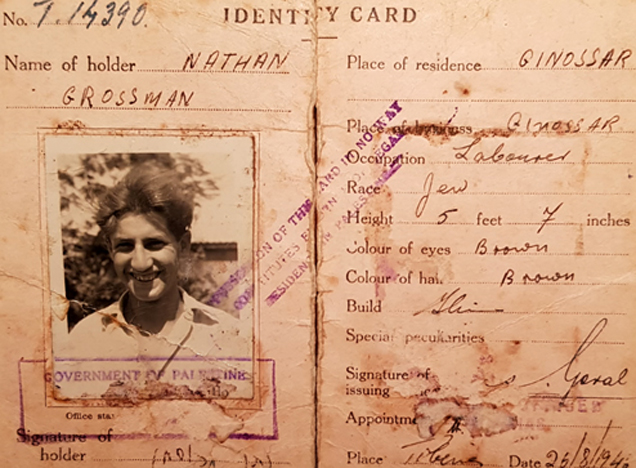
Born 1927 in Zgierz (Poland), Natan Grossmann survived the Lodz/Litzmannstadt ghetto, the Auschwitz-Birkenau concentration camp, forced labour in a metal plant near Braunschweig, the death march via Sachsenhausen, Ravensbrück to the Wöbbelin concentration camp near Ludwigslust; he was liberated by US Army soldiers in 1945 and returned to Lodz, and shortly afterwards he migrated via the Bavarian DP camp Landsberg am Lech to
Palestine (then British Mandate) and fought there in the War of Independence (1947 - 1949). What brought him to Munich at the end of the 50s?

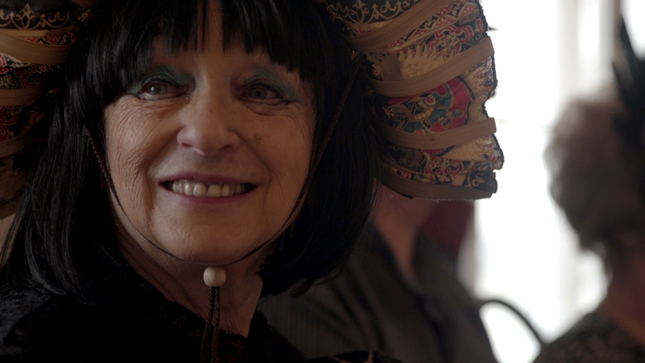
Johewet Rosendahl: Born 1943 in Sosnowitz (Poland).
When Johewet was born, a ghetto had been established in Sosnowitz. When it was said to be liquidated,
her father decided - before the deportation into the unknown - to send little Johewet to Christian Polish neighbours. Johewet survived hidden in a convent....

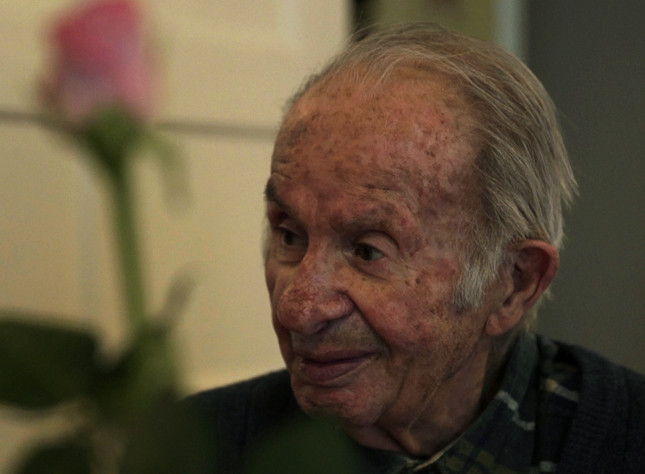
Chaim Bukszpan Born in 1923 in Krakow. Chaim Bukszpan survived the Plaszow and Buchenwald concentration camps. After Second World War, he emigrated to Israel, lived there for five years, fought in the military and finally settled in Germany, Bavaria.


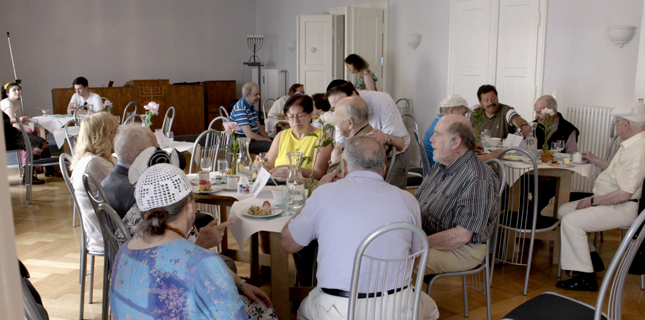
At Café Zelig.


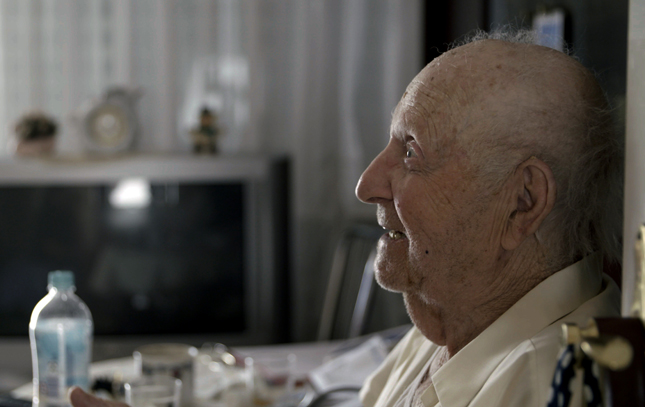
Henry Rotmensch: Born in 1925 in Bedzin (Poland). 80 years ago Henry Rotmensch was abducted by the Germans from his hometown Bedzin, at the age of 14 or 15. Henry Rotmensch made the only and last attempt to return to Bedzin in the 1960s, but was turned away at the border to Poland. It is a matter close to his heart to see his home town again before his death...

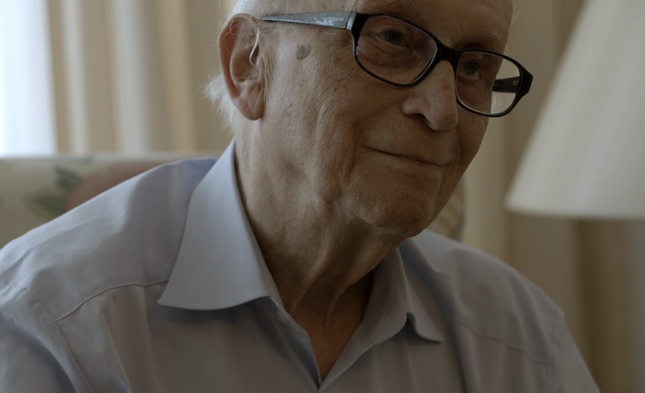
Salo Wolf: Born 1925 in Bielitz-Biala (Upper Silesia), Poland - A strictly religious family
origin; 1939 evacuation to Lublin; from 1940 forced labour in Krakow; 1941 Krakow Ghetto;
1942 murder of his parents and brothers in the Belzec extermination camp; transfer to
Plaszow camp; forced labour in the "clean-up column" in the Krakow ghetto; 1944 forced labour in the concentration camp
Mauthausen and in subcamp Gusen II; April 1945 death march to the camp Gunskirchen near Wels; on
May 5th, liberated by the American army. Emigration to the USA, since the late 50s in
Munich alive...

|
|
|
|
|
|

